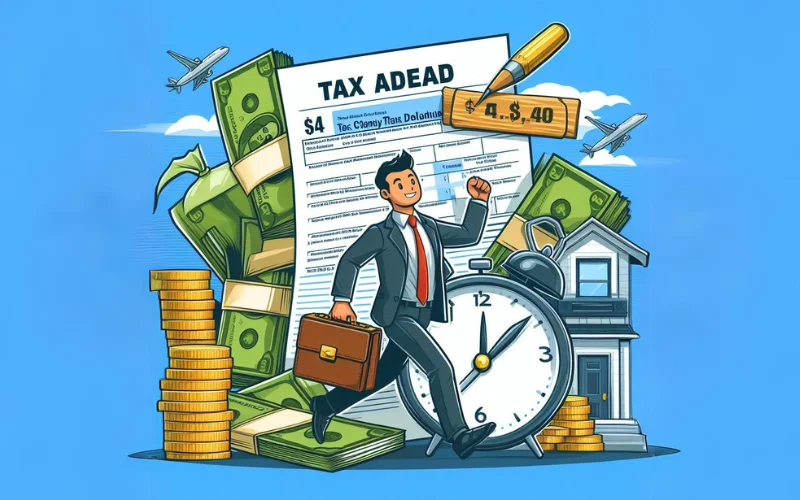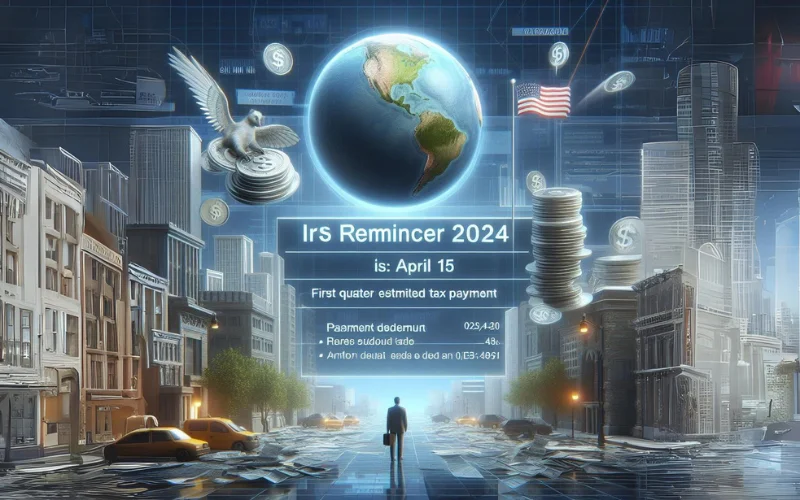Affluent consumers, those earning over $100,000 annually, are displaying heightened price sensitivity while embracing innovative technologies like artificial intelligence (AI), Amazon, and mobile technology to compare prices. First Insight, a pioneering technology company transforming how leading retailers make product investment and pricing decisions, conducted a survey revealing substantial shifts in the purchasing habits and preferences of affluent shoppers.
The survey disclosed a notable transition, with 42% of affluent shoppers increasingly frequenting discount retailers compared to the 27% visiting full-priced stores. An additional 36% indicated a growing inclination towards discount shopping, signifying a pivotal change in purchasing behavior. This underscores the need for retailers to provide distinct services and competitive pricing strategies to entice these discerning consumers effectively.
Influence of Amazon and Online Shopping Trends
A remarkable 74% of affluent consumers prioritize Amazon.com for initial product searches, surpassing the 60% of overall consumers. The preference for online pricing is evident, with 61% reporting increased Amazon purchases in the past year. However, despite this inclination towards online shopping, an overwhelming 80% exhibit reluctance to pay extra for expedited two-day shipping, emphasizing a heightened sensitivity towards pricing.
AI Technology and Informed Purchases
Technological advancements, notably the adoption of smart speakers such as Amazon Alexa and Google Home, have surged among affluent respondents (40%), significantly higher than the general sample (24%). These tech-savvy consumers leverage AI technology in smart speakers to conduct price research, focusing on various items like electronics (65%), apparel (48%), shoes (42%), home appliances (38%), and jewelry (31%).
Mobile Devices and In-Store Shopping Behavior
Mobile devices have become pivotal for affluent shoppers, with 44% utilizing them for price comparisons in full-priced retail stores, surpassing the overall figure of 38%. Additionally, 39% use their mobile devices for in-store price comparisons, highlighting an evolving trend among affluent consumers and reaffirming the importance of comprehensive price validation before purchase.
Factors Driving Physical Store Visits
Interestingly, affluent consumers prioritize tangible experiences, with 36% valuing hands-on product interaction and 26% emphasizing the instant gratification of taking home purchased items. Contrarily, only 10% focus on price promotions and coupons, and merely 12% anticipate better in-store prices, underlining the shift towards experiential shopping.
Source: CPA Practice Advisor





